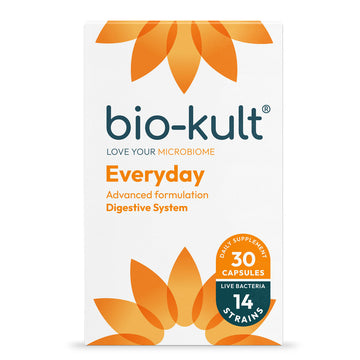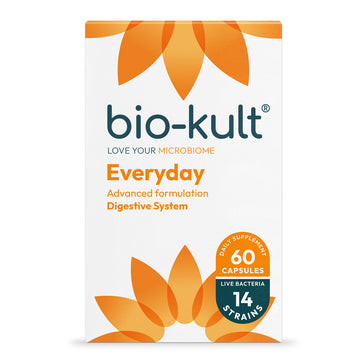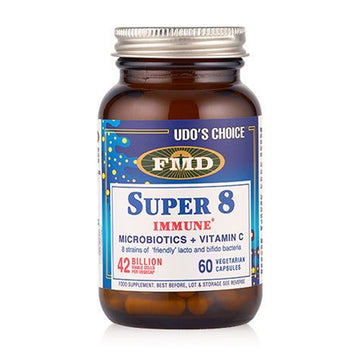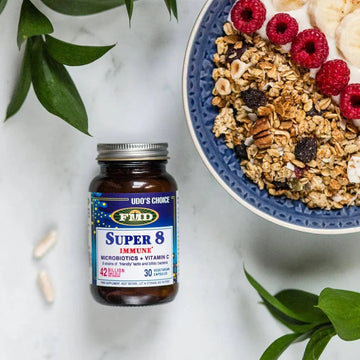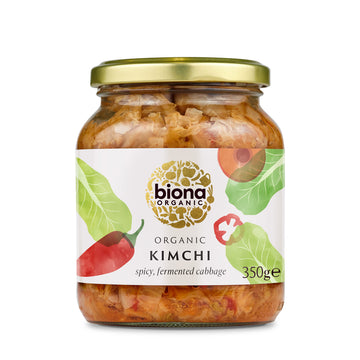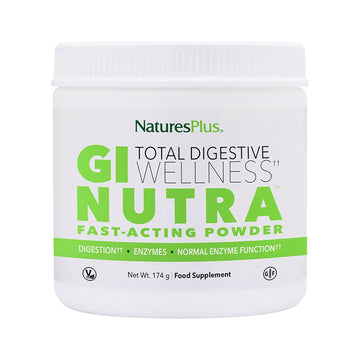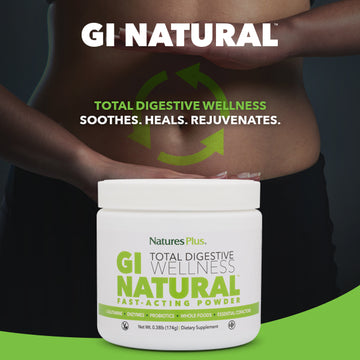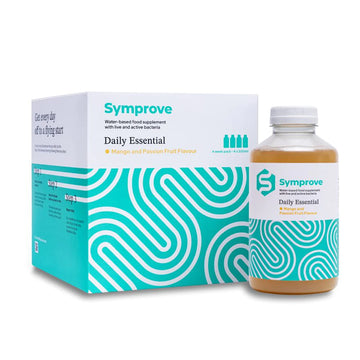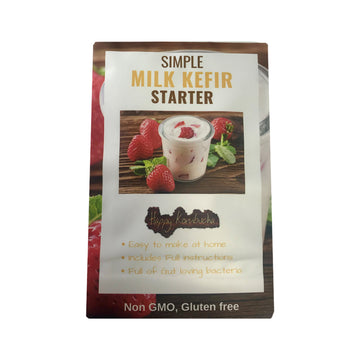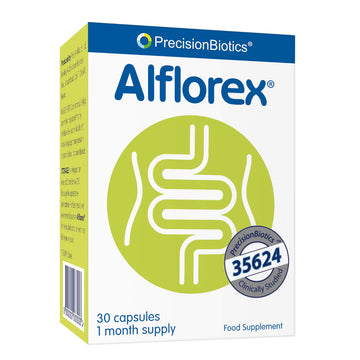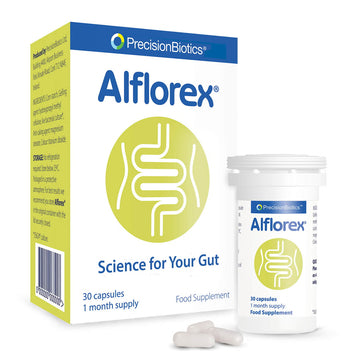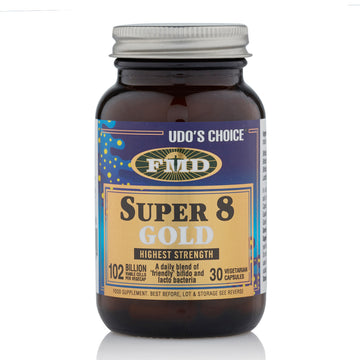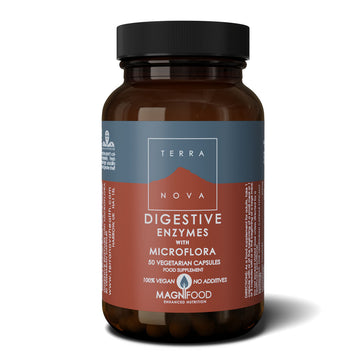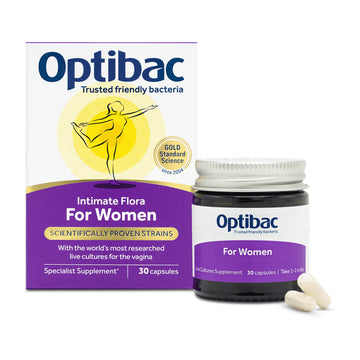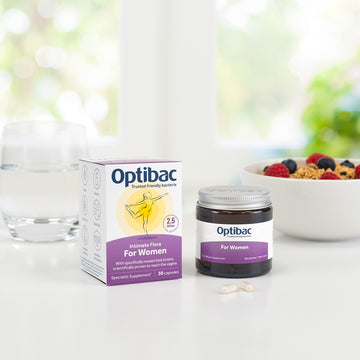The buzz around probiotics continues to grow, with many recognising their benefits for gut health and overall well-being.
But what exactly are probiotics, and why are they so important? In this blog, we'll delve into everything you need to know about probiotics, from their definition to ways of incorporating them into your daily routine.
Understanding Probiotics
Probiotics are live microorganisms that, when consumed in adequate amounts, offer health benefits. Most often, they are bacteria, but yeasts can also act as probiotics. These microorganisms are naturally found in the human gut and are also present in certain foods and supplements.
The Importance of Probiotics
The human gut is home to trillions of bacteria, both good and bad. Maintaining a balance of these bacteria is crucial for digestion, immunity, and overall health. Probiotics play a key role in promoting this balance by crowding out harmful bacteria, aiding in nutrient absorption, and supporting immune function.
Research suggests that probiotics may offer a range of benefits, including:
- Improved Digestive Health: Probiotics can help alleviate symptoms of digestive disorders such as irritable bowel syndrome (IBS), diarrhoea, and constipation.
- Enhanced Immunity: By supporting the gut's immune system, probiotics may help reduce the risk of infections and promote overall immune function.
- Mood Regulation: The gut-brain axis is a complex communication network between the gut and the brain. Emerging research suggests that probiotics may influence mood by modulating this axis.
Probiotic Sources
Probiotics can be found in various foods and supplements. Some common food sources of probiotics include:
- Yogurt: Certain types of yogurts contain live and active cultures, making them a natural source of probiotics.
- Kefir: This fermented milk drink is rich in probiotics and may offer additional health benefits compared to yogurt.
- Sauerkraut: Fermented cabbage is a traditional source of probiotics and is also rich in vitamins and minerals.
- Kimchi: A staple in Korean cuisine, kimchi is a spicy fermented vegetable dish packed with probiotics.
Supplementing Probiotics
In addition to food sources, probiotics are available in supplement form. These supplements typically contain specific strains of beneficial bacteria or yeasts in concentrations higher than what is found in food. When choosing a probiotic supplement, it's essential to look for products that are shelf-stable and contain strains known to offer health benefits. Here at Evergreen Healthfoods, we stock only the very best probiotics, from the very best brands. Shop our full range of probiotics here.
Incorporating Probiotics Into Your Diet
Adding probiotic-rich foods to your diet is an excellent way to support gut health. Here are some tips for incorporating probiotics into your daily routine:
- Start your day with yogurt: Enjoy a serving of yogurt with breakfast, or blend it into a smoothie for a refreshing treat.
- Experiment with fermented foods: Get creative in the kitchen by incorporating fermented foods like sauerkraut, kimchi, and kombucha into your meals. Take a look at your DIY kits and products.
- Try kefir: Swap out your regular milk for kefir, or use it as a base for creamy dressings and dips.
- Supplement wisely: If you're not getting enough probiotics from food alone, consider adding a high-quality probiotic supplement to your daily regimen.
In conclusion, probiotics play a vital role in supporting gut health and overall well-being. By understanding their importance, exploring diverse sources, and incorporating them into your diet, you can harness the many benefits of these beneficial microorganisms and promote a healthier gut and a happier you.



